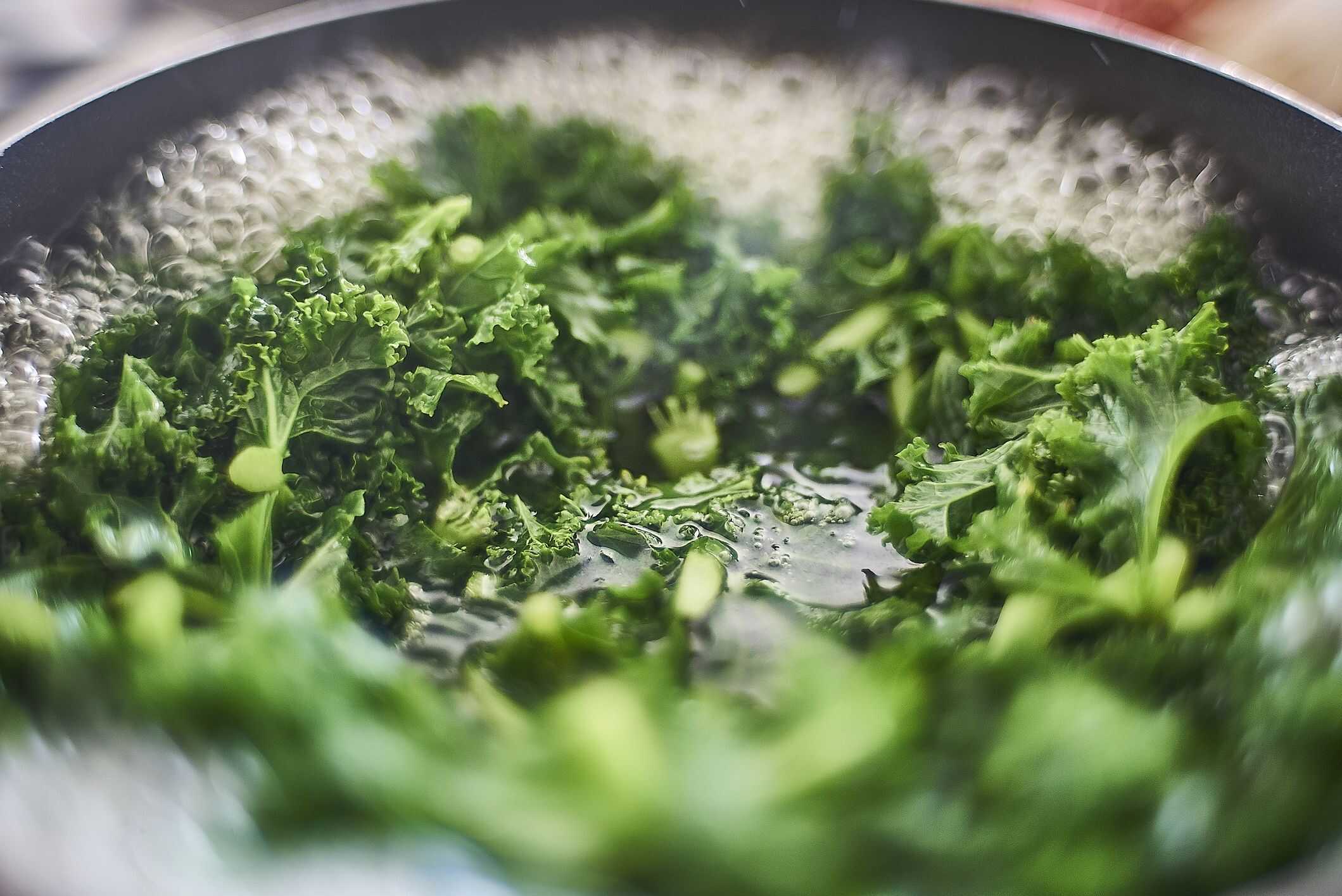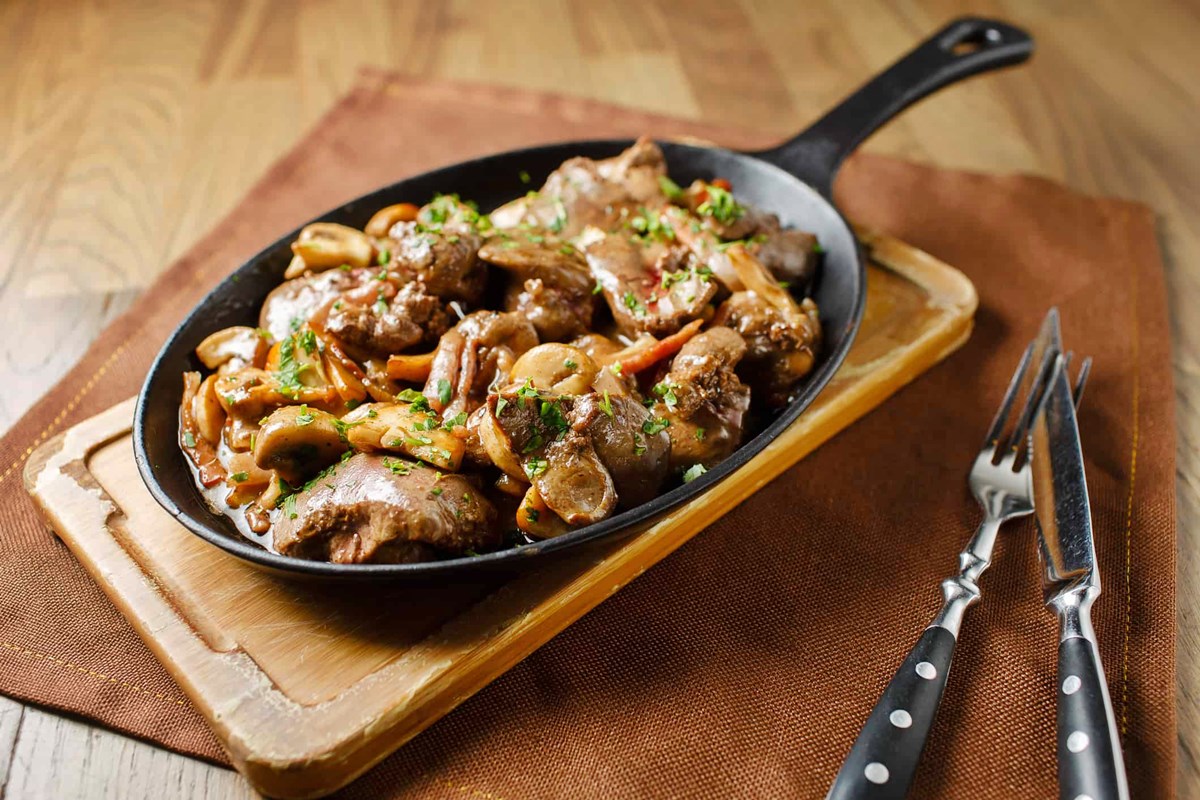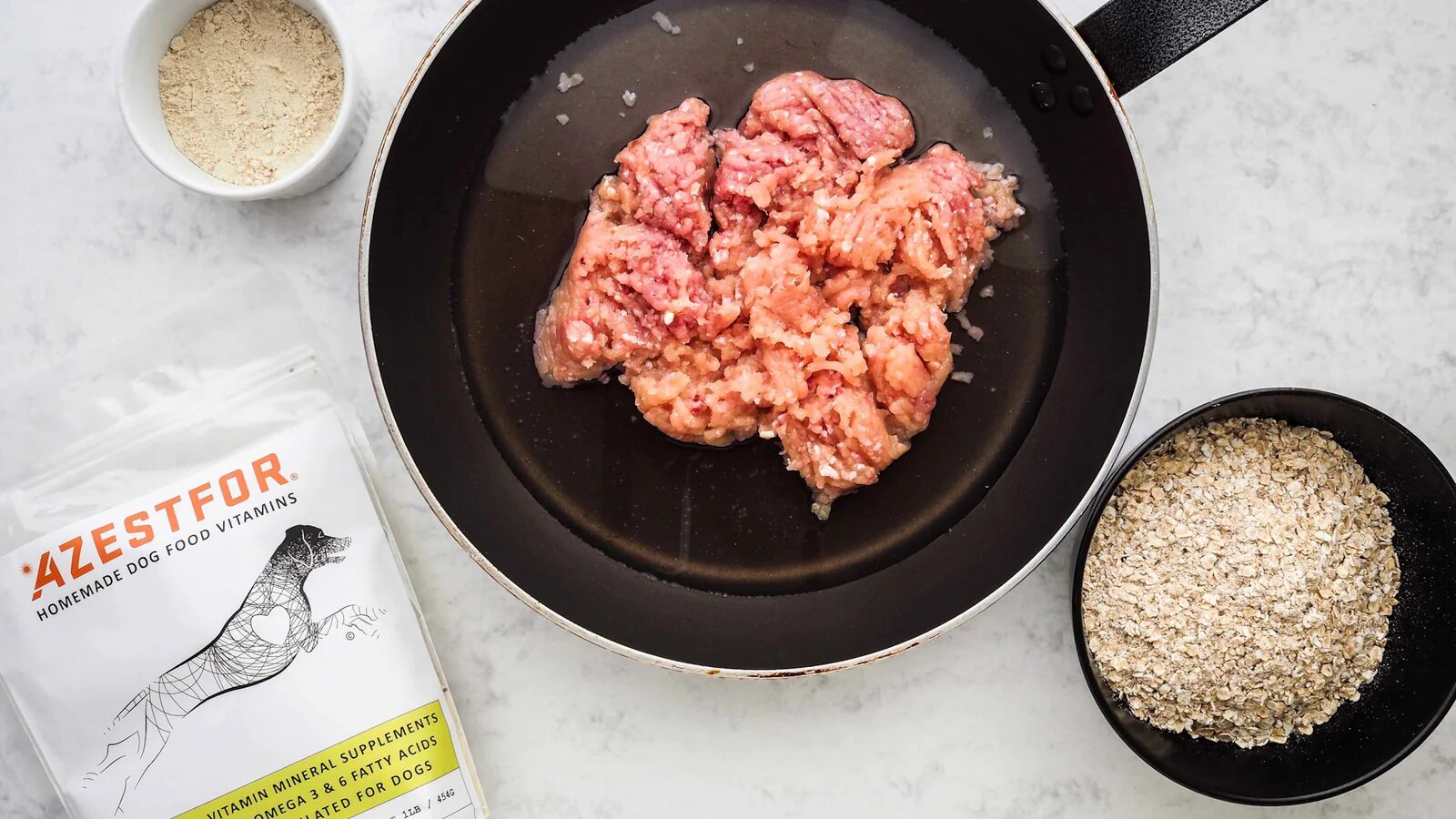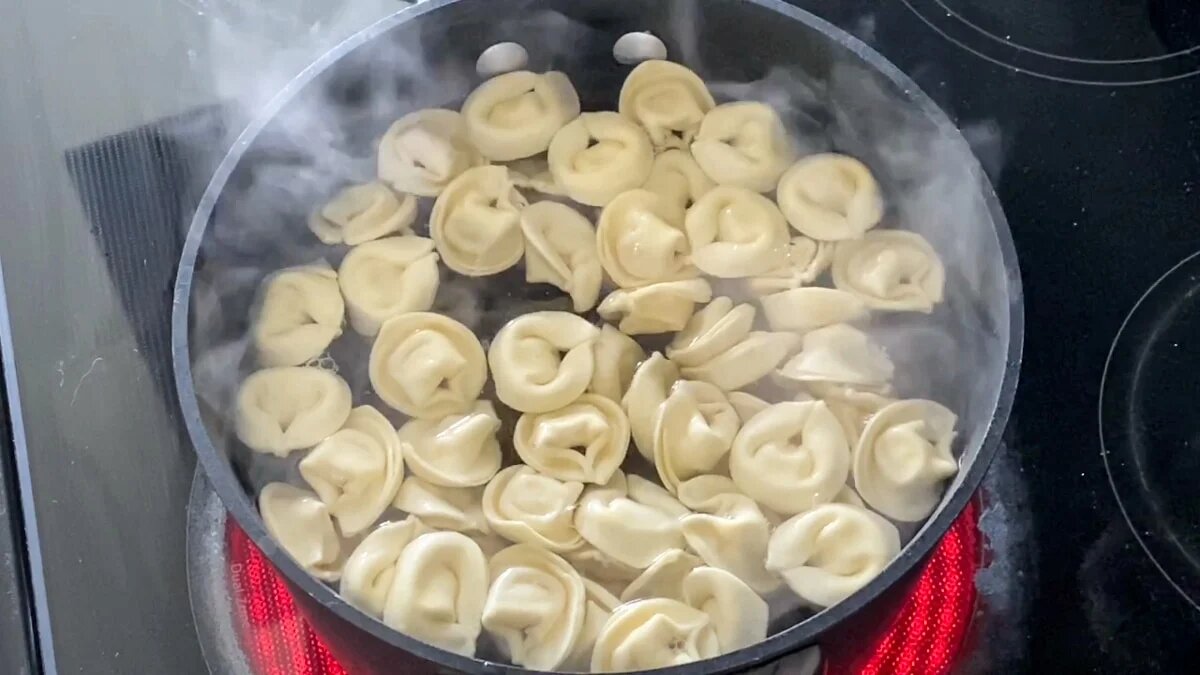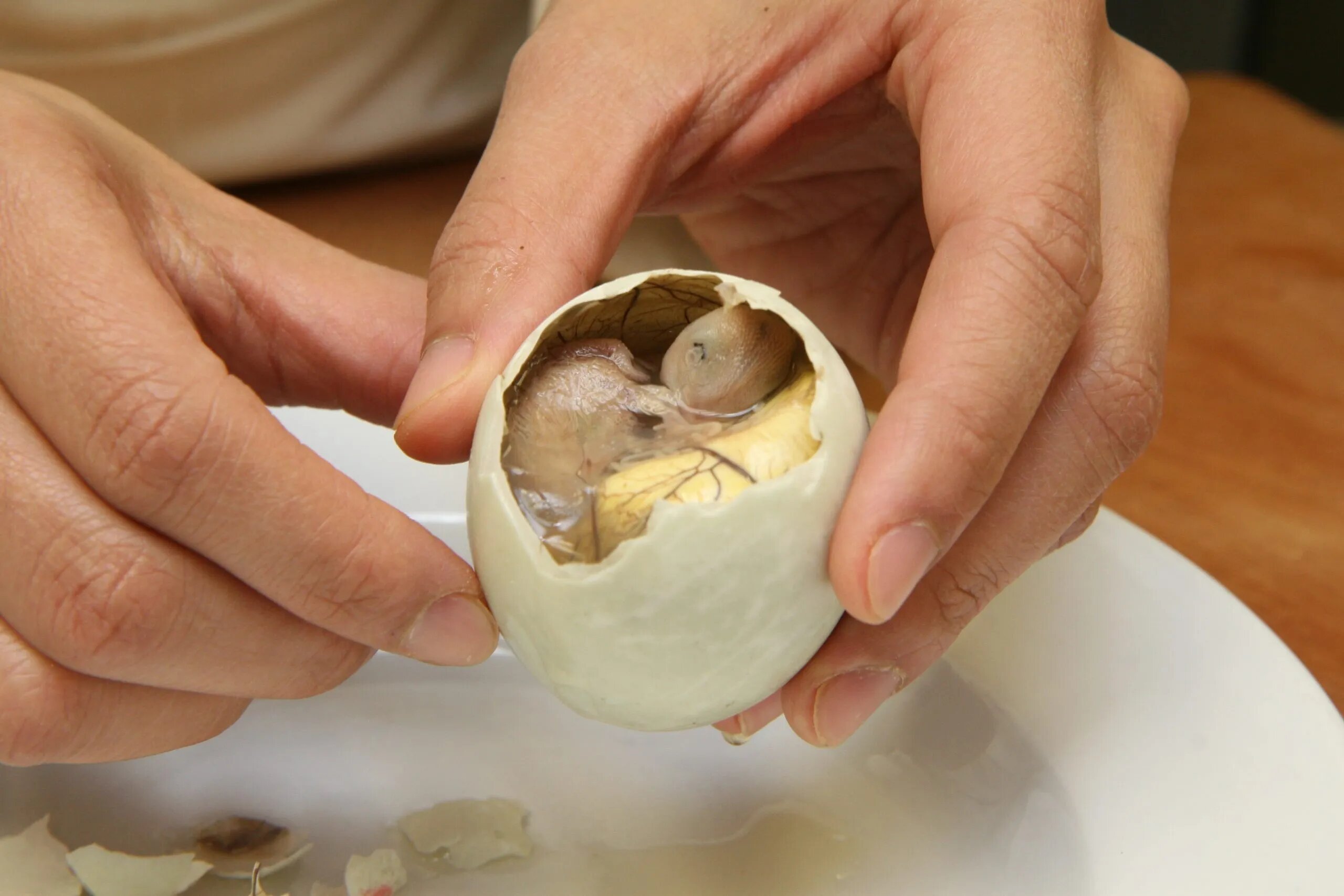Boiling Polish sausage, a culinary staple rich in flavor and tradition, offers a simple yet satisfying way to prepare this beloved meat. Ideal for both novice cooks and seasoned kitchen enthusiasts, this method ensures juicy, tender results every time. Whether you're aiming to complement a hearty breakfast, add substance to a stew, or serve it as a standalone dish, understanding the basics of boiling can elevate your cooking game. This guide will walk you through the steps, tips, and tricks to perfectly boil Polish sausage, promising a delicious outcome that celebrates its robust taste and cultural heritage.
Gather Your Ingredients
- Polish sausage
- Water
- Large pot
- Tongs
Essential Tools for Boiling
- Large pot
- Cutting board
- Sharp knife
- Tongs
- Meat thermometer
Boiling Polish sausage enhances its flavor and tenderness. Simply submerge in water, bring to a boil, then simmer for 10-15 minutes. Perfect for a quick, delicious meal.
The Benefits of Boiling Polish Sausage
Boiling Polish sausage is a traditional cooking method that enhances its flavors and ensures it's cooked through. This technique involves simmering sausages in water, which can also include beer or broth for added taste, making them juicy and tender. Perfect for a quick meal, boiling is straightforward and preserves the sausage's rich taste and texture.
Your Step-by-Step Boiling Guide
How To Boil Polish Sausage
-
Prepare Your Ingredients
- Gather Polish sausage, enough water to cover the sausage in a pot, and optional seasonings like bay leaves, garlic, or peppercorns.
-
Select the Right Pot
- Choose a pot that's large enough to comfortably hold the sausage and water, allowing some room for the water to boil without spilling over.
-
Fill the Pot with Water
- Fill your selected pot with cold water, ensuring it's enough to completely submerge the Polish sausage. For added flavor, consider incorporating your chosen seasonings into the water now.
-
Add the Polish Sausage
- Place the sausage into the cold water. If it's too long to fit, you might need to cut it into smaller pieces that will easily fit into the pot.
-
Heat the Water
- Turn on your stove to a medium-high setting, gradually heating the water. Keep an eye on it to prevent it from boiling too vigorously, which can cause the sausage casing to burst.
-
Adjust the Heat
- Once the water reaches a boil, reduce the heat to a low simmer. This gentler cooking method helps cook the sausage thoroughly without risking damage to its casing.
-
Simmer the Sausage
- Allow the sausage to simmer in the pot for about 25 to 30 minutes. This time frame is usually sufficient for the sausage to cook through while remaining juicy and flavorful.
-
Check for Doneness
- After the simmering time, check if the sausage is cooked through. You can do this by inserting a meat thermometer into the thickest part of the sausage; it should read 160°F (71°C).
-
Remove and Serve
- Once fully cooked, remove the Polish sausage from the pot using tongs or a slotted spoon. Allow it to rest for a few minutes before slicing and serving. This resting period helps retain its juices, making it more succulent.
-
Enjoy Your Meal
- Serve your boiled Polish sausage with your favorite sides, such as sauerkraut, mashed potatoes, or simply with some mustard and bread for a traditional approach.
Mastering the Art of Boiling Polish Sausage
Boiling Polish sausage is a simple yet effective way to prepare this flavorful meat. Remember, start with cold water to ensure even cooking and prevent the sausage from splitting. Adding spices like bay leaves, garlic, or peppercorns can infuse the sausage with extra flavor, making it even more delicious. Keep an eye on the water temperature; it should be just below boiling to cook the sausage gently and keep it juicy. After about 30 minutes, you'll have perfectly boiled Polish sausage ready to be enjoyed on its own or as part of a larger dish. Whether you're a seasoned chef or a kitchen newbie, mastering this method can add a tasty and traditional option to your culinary repertoire. Give it a try and see how simple and satisfying cooking Polish sausage can be!
All Your Questions Answered
How long does it take to boil Polish sausage?
Cooking times can vary, but on average, boiling a Polish sausage takes about 10 to 15 minutes. Just make sure it's fully submerged in water and keep an eye on the clock. You're aiming for that sweet spot where it's cooked through but still juicy.
What's the best way to tell if my sausage is cooked properly?
Grab a meat thermometer. You're shooting for an internal temperature of 160°F (71°C). No thermometer? Cut into the middle of a sausage; if it's uniformly colored and juices run clear, you're good to go.
Can I boil Polish sausage in something other than water?
Absolutely! For an extra flavor kick, try boiling your sausage in beer, broth, or even a mix of water with onions and herbs. Experimenting with different liquids can bring a whole new dimension to your dish.
Should I pierce the sausages before boiling?
Piercing isn't necessary and can actually cause juices to escape, drying out your sausage. Keep them intact to ensure they stay moist and flavorful.
Is it possible to overcook Polish sausage when boiling?
Yes, and you'd want to avoid that. Overcooking can make the sausage tough and less juicy. Stick to the recommended time and temperature to keep things on point.
What's the best way to serve boiled Polish sausage?
Once boiled, they're great on a bun with your favorite condiments, sliced into pieces for stews and soups, or even served alongside sauerkraut and mashed potatoes. Let your taste buds guide you!
Can I reuse the water or broth after boiling the sausage?
Sure, but keep in mind it will have absorbed flavors and fats from the sausage. It could be a flavorful base for soups or cooking grains, just strain it well before using.
Was this page helpful?
Read Next: How To Boil Argentine Red Shrimp
